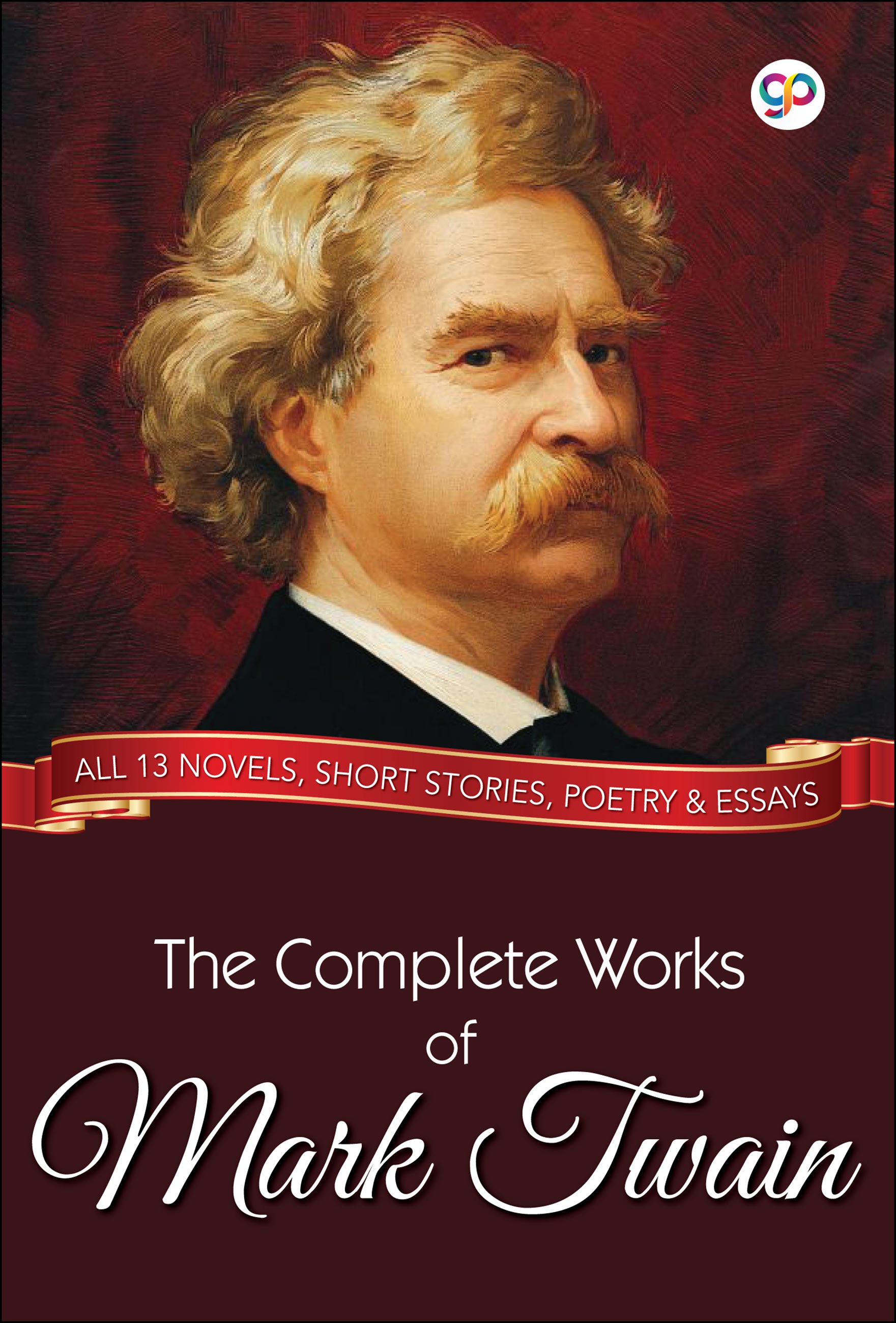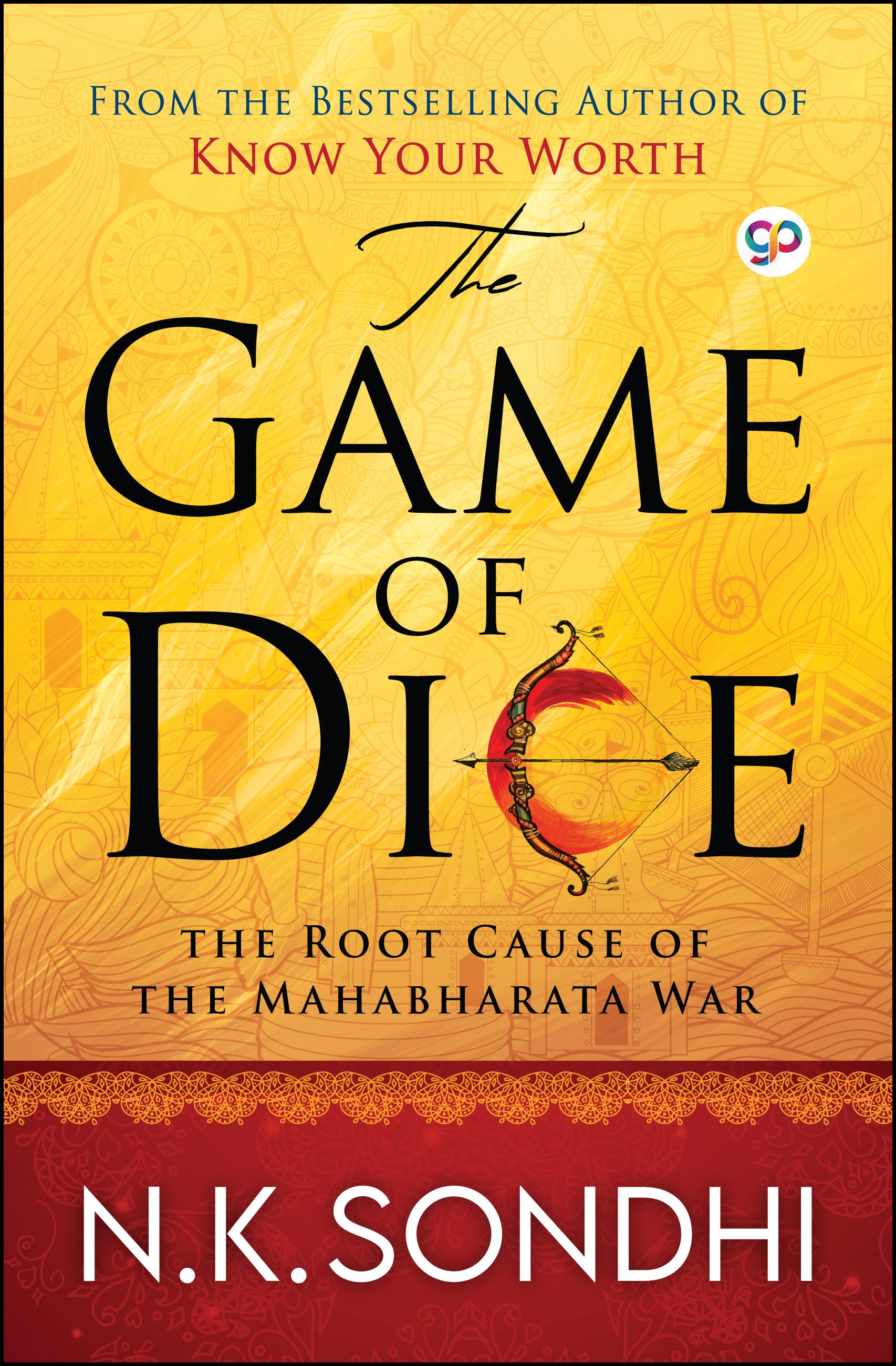
The Man in the Iron Mask (eBook)
First published in 1850 as the final part of The Vicomte de Bragelonne, 'The Man in the Iron Mask' is a gripping conclusion to Alexandre Dumas’s legendary D’Artagnan Romances. Set in 17th-century France during the reign of Louis XIV, the story follows a daring conspiracy surrounding a mysterious prisoner hidden behind an iron mask—rumored to be the king’s long-lost twin brother.
As the aged Musketeers—Athos, Porthos, Aramis, and D’Artagnan—face the twilight of their legendary careers, they are drawn into a plot to unseat a corrupt and vain monarch and replace him with his kinder, rightful sibling. Torn between duty, loyalty, and justice, the friends must confront shifting alliances, dangerous power struggles, and the personal cost of their decisions.
With political intrigue, secret identities, and heroic sacrifice, 'The Man in the Iron Mask' is a thrilling blend of historical drama and high adventure. It delivers an emotional and action-packed finale to the Musketeers’ saga, highlighting Dumas’s flair for suspense, character, and historical imagination.
BEST SELLERS
About the Author
Alexandre Dumas père, born in 1802 as Alexandre Dumas Davy de la Pailleterie, was one of the most celebrated French writers of the 19th century. The son of General Thomas-Alexandre Dumas—the highest-ranking man of African descent in a European army—he was raised in poverty after his father’s death but carried a strong sense of pride in his heritage. Moving to Paris, Dumas began his career in theater, achieving early success with plays like Henri III et sa cour. In the 1840s, he shifted to serialized novels, collaborating with Auguste Maquet to produce enduring classics like The Three Musketeers and The Count of Monte Cristo in 1844.
His D’Artagnan Romances became defining works of the adventure genre, mixing historical events with gripping plots and colorful characters. Dumas was a prolific writer, producing thousands of pages across fiction, plays, travelogues, and a vast culinary dictionary. Despite literary fame, his lavish lifestyle led to ongoing financial struggles. Proud of his mixed-race ancestry, he confronted racism openly and explored themes of identity in works like Georges. In his later years, Dumas continued writing and supporting nationalist causes. He died in 1870, leaving behind a monumental legacy in world literature.












